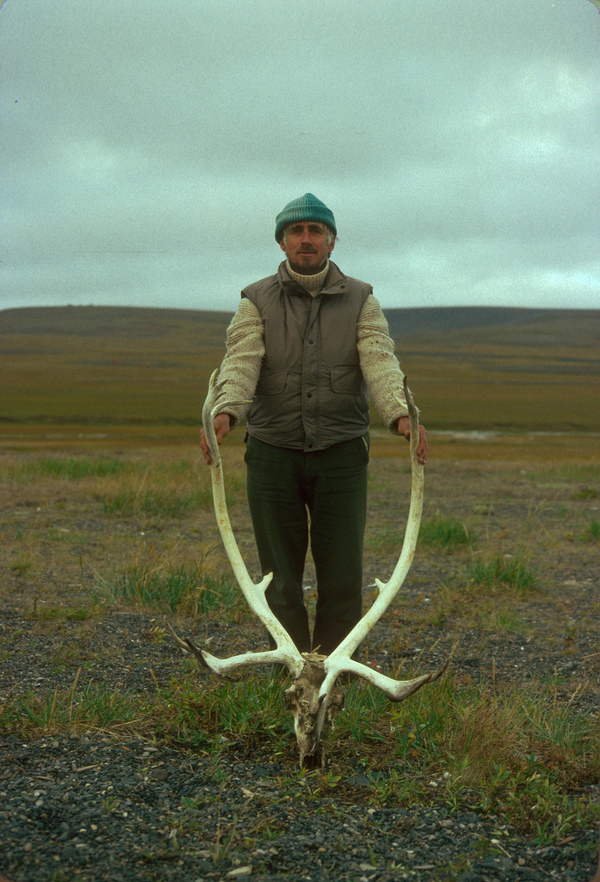
Brian Sharp: Ecological Perspectives
Environmental research. Studies of Oiled Birds & the Exxon Valdez Oil Spill, the Oregon & California Condor, Dusky Seaside Sparrow & NASA.
Brian Sharp
Brian Sharp was a graduate student in Wildlife Ecology at the University of Wisconsin when the first Endangered Species Act was passed by Congress in 1966. His master’s degree was field work on the endangered Dusky Seaside Sparrow at Cape Canaveral, Florida. The Dusky went extinct in 1989, the first species to do so in the United States. Since then Sharp has focused on the human-caused “Sixth Extinction” now underway, and he is on the cutting edge of the world-wide concern for the environment, and the debate as to how government policies are made and implemented.
“Any hope is going to come from our connection with nature. We’re part of, not apart from,����������nature, and Nature is nurture.”       —Brian E. Sharp
BP Oil Spill 2010
The massive oil spill in the Gulf of Mexico is an ecological disaster larger than the 1989 Exxon Valdez spill in Alaska. It will result in the deaths of fish and wildlife on oiled shorelines and at sea. Live oiled birds that are rescued may die during the cleaning process, or have to be euthanized. And it is generally not realized that a large proportion of most species die after they are cleaned and released, because after breathing and ingesting oil, they suffer from internal damages which are difficult to treat: gastro-intestinal, pulmonary, liver, kidney problems, hypothermia and anemia (destruction of red-blood cells) . The result of such damages is lingering mortality that is significantly (several times) higher in oiled birds than in non-oiled birds. Oiled feathers can be cleaned, treatment of internal physiological damage is difficult, and a high proportion of oiled birds that are released, with the sole exception of African penguins) are too sick to survive. These should be added to the number of mortalities for the purpose of assessing damage. Often, however, companies responsible for spills derive a public relations benefit worth millions of dollars from cleaning oiled birds.  Rescue efforts mislead a hopeful public into thinking that oilspill damages to habitat and to wildlife can be “fixed”, when gushing oil from the seafloor contaminating both environment and wildlife cannot really be fixed at all.
Download a PDF of this published paper on the “Post-release survival of oiled, cleaned seabirds in North America“. Updated data from recent spills continue to show that there is no significant improvement in the number of days oiled birds survived than from the ‘Exxon Valdez’ oilspill (Sharp unpublished data).
More papers available on the Publications page.
The Condor
For the last 4 years Sharp has worked on the status and ecology of California Condors in northwestern North America. A new discovery is that condors occurred in Oregon and Washington into the second half of the 20th century. Also presented for the first time is what Native Americans knew about condors in the Pacific Northwest and in Arizona. Two major papers have been prepared on condors in the Northwest and a short note on condors in southern Baja California, which are made available on this website (see Current).